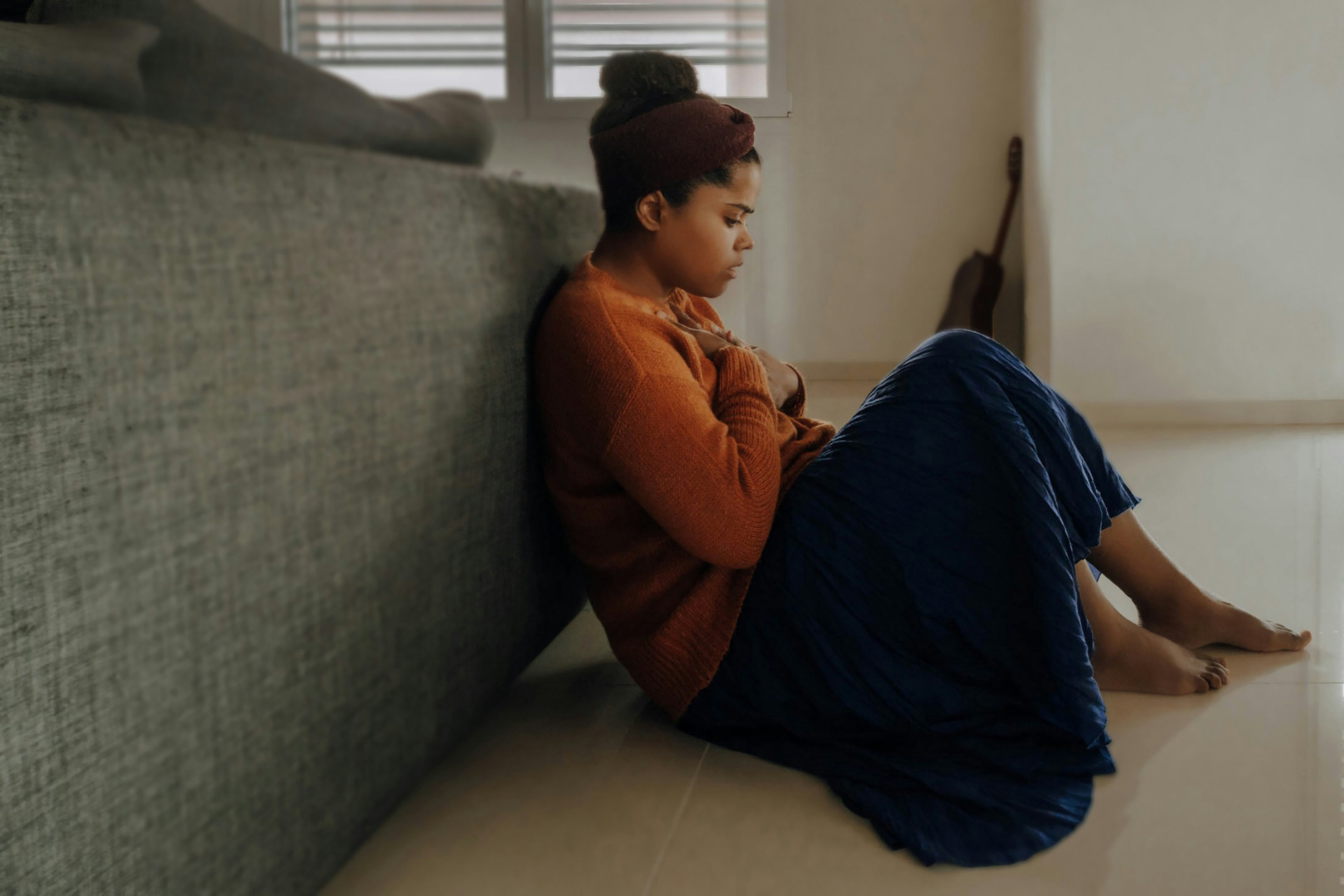Demystifying Anxiety: Understanding the Invisible Struggle

Anxiety is a silent intruder, stealthily weaving its tendrils into the fabric of our daily lives, often unnoticed and misunderstood. For many, the sensations of anxiety are akin to a relentless storm brewing within, casting shadows of doubt and fear over even the simplest of tasks. Yet, despite its prevalence, anxiety remains shrouded in misconceptions and stigma. In this blog post, we’ll explore the nuanced landscape of anxiety—shedding light on its manifestations, unraveling its underlying causes, and unveiling the transformative power of counseling in its treatment.
What Does Anxiety Feel Like?
Imagine standing on the edge of a precipice, your heart pounding in your chest as waves of apprehension wash over you. Your mind races with a cacophony of worrisome thoughts, each one amplifying the sense of impending doom. Your body tenses, muscles coiled like springs, ready to snap at the slightest provocation. Your breath becomes shallow, as if the air itself is too heavy to bear. This visceral experience encapsulates the essence of anxiety—a complex interplay of physical sensations, intrusive thoughts, and overwhelming emotions.
Why Do We Have Anxiety?
Anxiety is a natural response to perceived threats or dangers, rooted in our primitive survival instincts. In the face of uncertainty or perceived harm, our bodies trigger a cascade of physiological responses, ranging from increased heart rate and rapid breathing to heightened vigilance and muscle tension. While this “fight or flight” response served our ancestors well in the wilderness, modern-day stressors often trigger the same primal reactions, leading to chronic anxiety and distress.
Moreover, a myriad of factors—ranging from genetic predispositions and neurobiological imbalances to environmental stressors and past traumas—can contribute to the development of anxiety disorders. These disorders, characterized by persistent and excessive worry or fear, can significantly impair daily functioning and diminish quality of life if left untreated.
How Can Counseling Help?
Counseling offers a beacon of hope amidst the tumultuous seas of anxiety, providing a safe harbor where individuals can explore the roots of their distress and chart a course toward healing and resilience. Through evidence-based techniques such as cognitive-behavioral therapy (CBT), mindfulness-based interventions, and exposure therapy, therapists empower clients to challenge maladaptive thought patterns, develop coping strategies, and cultivate greater self-awareness.
In the compassionate embrace of therapy, individuals learn to navigate the labyrinth of anxiety with courage and resilience, reclaiming a sense of agency over their lives and forging a path toward greater well-being.
At Relevant Connections, our team of experienced therapists specializes in anxiety treatment, offering personalized support and guidance to help you overcome the grip of anxiety and reclaim your life. With four convenient locations in Frisco, Plano, and Las Colinas, and virtual therapy options, we’re here to walk alongside you on your journey toward healing. Don’t let anxiety hold you back any longer—reach out today and take the first step toward a brighter, more peaceful tomorrow.
